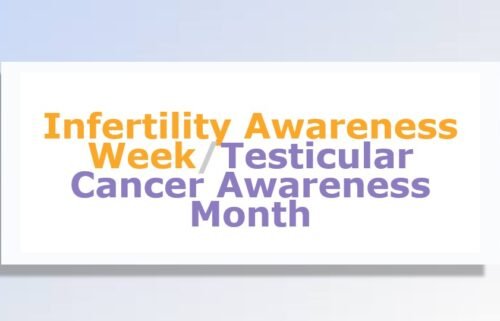CDC says 14-day Covid-19 quarantine can be shortened to 7 to 10 days

Covid-19 quarantine periods can be as short as seven to 10 days for some people, the US Centers for Disease Control and Prevention said Wednesday, but a 14-day quarantine after coronavirus exposure remains the safest option.
In new guidance, CDC says people could leave quarantine without taking a test if they do not develop any symptoms 10 days after being exposed to someone else with coronavirus, or after seven days with a negative test result and no symptoms.
The change comes as Covid-19 cases, hospitalizations and deaths are on the rise around the United States — and with that, more people facing quarantine.
The new quarantine guidance was based on “extensive” modeling by CDC and other agencies that showed the risk is low, Dr. John Brooks, chief medical officer for CDC’s Covid-19 response, said during a telebriefing Wednesday. Many people end quarantine early because of pressure to return to work and school, CDC officials said, and some aren’t willing to share names of contacts they fear will then be required to quarantine.
But if the quarantine period is reduced from 14 days, more people may be willing to stay home after exposure, the CDC said — and that may result in fewer coronavirus infections.
“We believe that if we can reduce the burden a little bit, accepting that it comes at a small cost, we may get a greater compliance overall with people completing a full quarantine,” Brooks said. “If we get more people on board to complete that overall, that will result in fewer infections.”
Risk of transmission after ending quarantine early
There’s still some risk a person who left quarantine before 14 days could transmit the virus to others.
“We can safely reduce the length of quarantine, but accepting there is a small residual risk that a person who is leaving quarantine early could transmit to someone else if they became infectious,” Brooks said.
If a person quarantined for 10 days and had no symptoms and no test, the residual risk of transmitting coronavirus to someone else after quarantine is estimated to be about 1%, with an upper limit of about 10%, the CDC said on its website.
If a person quarantined for seven days and had no symptoms and a negative test, the risk of transmitting coronavirus is about 5%, with an upper limit of about 12%.
A PCR or antigen test should be collected within 48 hours before the end of quarantine, CDC says, but quarantine should not end before seven days, even if rest results are returned earlier.
People who have been exposed should still watch for symptoms for 14 days, especially if they end quarantine early, Dr. Henry Walke, CDC’s Covid-19 incident manager, said Wednesday.
And if a person goes on to develop symptoms, they should contact their local health authorities and health care provider, seek out testing and isolate.
Local public health agencies’ recommendations may differ from CDC’s, too.
“Everyone should follow this specific guidance from their local public health authorities about how long they should quarantine,” Walke said.
Recommended limits on travel
CDC officials also said Wednesday that people who choose to travel should limit their activities afterward — and the safest choice over the upcoming winter holidays is to stay home.
“CDC recommends that the best way to protect yourself and others is to postpone travel and stay home,” Walke said.
If people do decide to travel, “CDC recommends that travelers consider getting tested one to three days before travel,” Walke said. “And then again three to five days after travel.”
Testing should be combined with reducing non-essential activities for a full seven days after traveling, he said. For those who don’t get tested after traveling, CDC recommends non-essential activities be reduced for 10 days.
“Testing does not eliminate all risk, but when combined with reducing non-essential activities, symptom screening and continuing with precautions like wearing masks, social distancing and hand washing, it can make travel safer,” Walke said.
Before Thanksgiving, CDC made a similar recommendation, urging people to stay home and celebrate only with those in their household.
“We know it’s a hard decision and that people need to have time to prepare and have discussions with family and friends and to make these decisions, and people travel for different reasons,” Dr. Cindy Friedman, chief of the traveler’s health branch at CDC, told the briefing. “But our recommendations are trying to help give them the tools they need to make these tough choices.”



